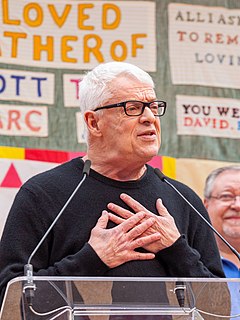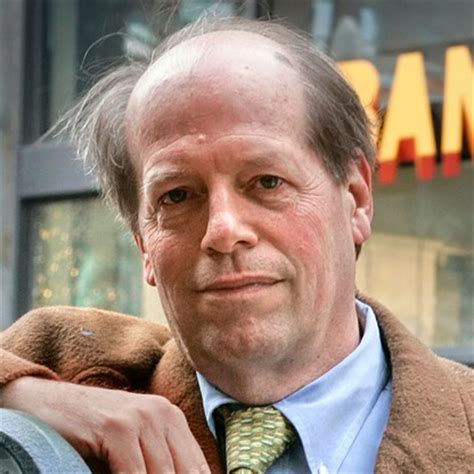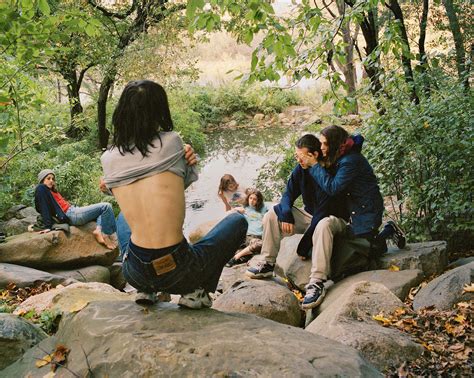A Quote by Cleve Jones
Since the industrial revolution, cities, and especially the inner cities, were the places for the newly arrived. Voluntary immigrants seeking economic betterment, refugees, the bohemians, the artists - all of those people were crammed into densely populated neighborhoods and tenements. And as people climbed up the economic ladder they moved out, which really accelerated with the "white flight" phenomenon in the '60s and '70s.
Related Quotes
Then the lord rained upon Sodom and upon Gomorrah brimstone and fire from the Lord out of Heaven; and He overthrew those cities, and all the plain, and all the inhabitants of the cities, and that which grew upon the ground. So it goes. Those were vile people in both those cities, as is well known. The world was better off without them. And Lot's wife, of course, was told not to look back where all those people and their homes had been. But she did look back, and I love her for that, because it was so human. So she was turned to a pillar of salt.
What people want now, they want jobs. They want great jobs with good pay. And I'll tell you, we're spending a lot of money on the inner cities - we are fixing the inner cities - we are doing far more than anybody has done with respect to the inner cities. It is a priority for me, and it's very important.
Sufis have always been those that have tried to purify the ethics of Islam and society. And they don't have their hands cut off from the external action at all. For example, the bazaar in which the Sufis were very strong always dominated economic life in Islamic world. They could give a much more sane and Islamic form of activity when the economic life of Islam moved out of the bazaar to new parts of Islamic cities with modernized Muslims, who took it in another light and it became very, very anti Islamic, and much against many of the most profound practices of Islamic societies.
For the most part, French cities are much better preserved and looked after than British cities, because the bourgeoisie, the people who run the cities, have always lived centrally, which has only recently begun to happen in big cities in England. Traditionally in England, people who had any money would live out in the suburbs. Now, increasingly, people with money live in the cities, but this has changed only in the last 20 or so years.
By 2050, seven out of ten people will live in cities, which will account for six billion people living in urban areas. That phenomenon is central to all the challenges humanity faces. If there is an issue to be addressed, then it is certainly happening in cities and therefore must be considered on an urban scale.
We have food deserts in our cities. We know that the distance you live from a supplier of fresh produce is one of the best predictors of your health. And in the inner city, people don't have grocery stores. So we have to figure out a way of getting supermarkets and farmers markets into the inner cities.






































